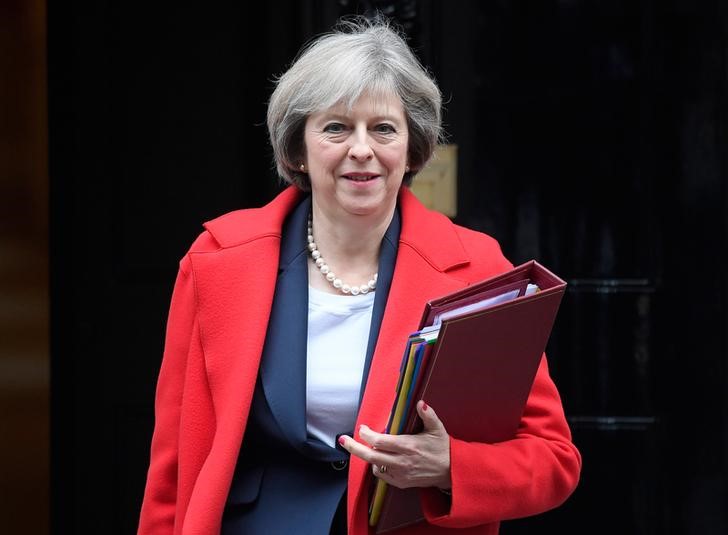Investing.com - The U.S. dollar gave up some its gains against its rivals on Tuesday, pressured by a rebound in sterling.
The pound rose as worries over a no-deal Brexit eased. Prime Minister Theresa May said she would ask the EU for an extension to the Brexit deadline and offered cross-party talks with the leader of opposition, Jeremy Corbyn, to break the Brexit logjam.
The U.S. dollar index, which measures the greenback against a trade-weighted basket of six major currencies, rose by 0.13% to 96.92, though it eased from session highs of 97.097.
With just 10 days to go until the EU's latest Brexit deadline on April 12, May pledged to ask the EU for an extension, but she stressed it would be "as short as possible," likely before May 22, to avoid the U.K. having to participate in European elections. The prime minister also gave assurances that she would agree a new plan with Corbyn and put it to a vote before April 10.
But May stressed that "any plan would have to agree the current Withdrawal Agreement," as it has already been negotiated with the 27 other members and the "EU has repeatedly said it cannot and will not be re-opened."
The withdrawal agreement includes the controversial Irish backstop, which has been the main reason the deal has been rejected by parliament on three separate occasions.
If the two party leaders are unable to reach a consensus on a way forward for Brexit, the prime minister said she would put forward a number of options to determine alternative paths to the U.K. leaving the EU.
The apparent olive branch from May comes just a day after U.K. lawmakers failed to reach a consensus on a way forward for Brexit.
GBP/USD rose 0.09% to $1.3114, moving sharply off lows of $1.3014.
The rebound in sterling pressured the dollar to give up some of its gains following softer durable goods orders data.
The Commerce Department said on Wednesday core durable goods orders rose 0.1% in February, missing economists' forecasts for a 0.3% rise. The non-defense capital goods orders excluding aircraft, a closely watched proxy for business spending plans, fell 0.1% in February, but the prior month's orders were hiked up to a 0.9% rise, pointing to signs that businesses want to spend more, analysts said.
"The data suggests firms want to invest more, amid a favorable tax and regulatory backdrop, but there have been too many uncertainties to allow for a burst in capital expenditures, including government shutdown and tariff hikes," Amherst Pierpont Securities said. "If these question marks are resolved (and in ways that are not disastrous) soon, investment outlays will pick up again later in the year."
EUR/USD fell 0.13% to $1.1198 as weaker-than-expected euro area wholesale inflation data did little to lift the narrative of slowing economic growth in the trading bloc.
USD/CAD rose 0.35% to C$1.3352, though upside was limited as rising oil prices propped up the loonie.
USD/JPY rose 0.01% to Y111.36 as cautious sentiment on risk assets increased demand for the safe-haven yen.
